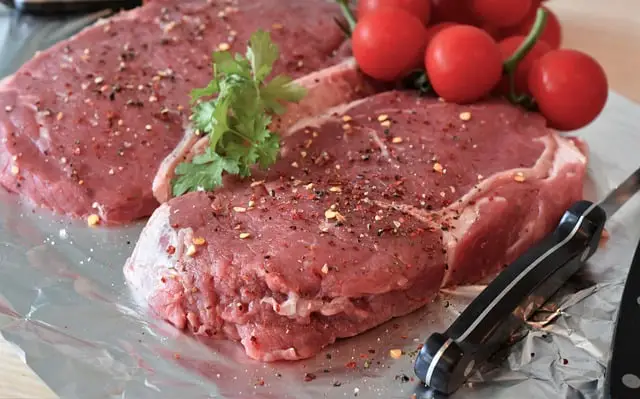Spices add flavor and aroma to both cooked and uncooked foods. When spices are added to raw foods, they enhance the natural flavors and can help mask any off flavors. When spices are added to cooked foods, they can complement and intensify the flavors that develop during cooking.
The heat and moisture during cooking can also release the aromatic compounds in spices, adding to the overall sensory experience of the dish.
The timing of adding spices during cooking can also affect their impact on the final dish. For example, adding certain spices at the beginning of cooking allows them to blend and meld with the other ingredients, while adding others towards the end can preserve their distinct flavor and aroma.
How spices work on cooked foods
Spices work on cooked foods by adding flavor and aroma to dishes. They can complement and enhance the natural flavors that develop during cooking, as well as provide a depth of taste that can elevate a dish. The heat and moisture during cooking can also release the aromatic compounds in spices, making them more potent and adding to the overall sensory experience of the dish.
The timing of adding spices during cooking can also affect their impact, with some spices benefiting from being added early in the cooking process to blend with other ingredients, while others are best added towards the end to preserve their distinct flavor and aroma. The combination and quantity of spices used can greatly impact the final taste and aroma of a dish.
How spices work on uncooked foods
Spices work on uncooked foods by adding flavor and aroma to them. When used on raw foods, spices can enhance the natural flavors and help mask any off flavors. Some spices, such as salt and lemon juice, can also help to tenderize the food and bring out its natural juices. When used in marinades, spices can infuse the food with flavor and aroma, making it more delicious and aromatic when it is later cooked.
The combination and quantity of spices used on uncooked foods can greatly impact the final taste and aroma, with some spices being more assertive and others being more subtle. Generally, it’s best to start with small amounts and adjust to taste, as it can be difficult to correct an overly seasoned dish.
Also, it’s worth knowing that some spices can lose flavor or easily burn when overheated so it’s best to understand how the spices you’re using will react.
Final thoughts
Spices can be added at different stages of cooking to bring out different flavors and aromas.
When adding spices to uncooked foods, it is usually recommended to marinate them for a longer period of time, as this allows the flavors to penetrate the food and create a deeper, more complex flavor profile. Examples of uncooked foods include meats, fish, vegetables, and tofu.
When adding spices to cooked foods, it is best to do so towards the end of the cooking process so that the spices retain their full flavor and aroma. This is because high heat can cause some spices to lose their potency and impact. Examples of cooked foods include soups, stews, sauces, and stir-fries.
In general, it is a good idea to experiment with different spice combinations and cooking times to find the right balance of flavors for your tastes.

